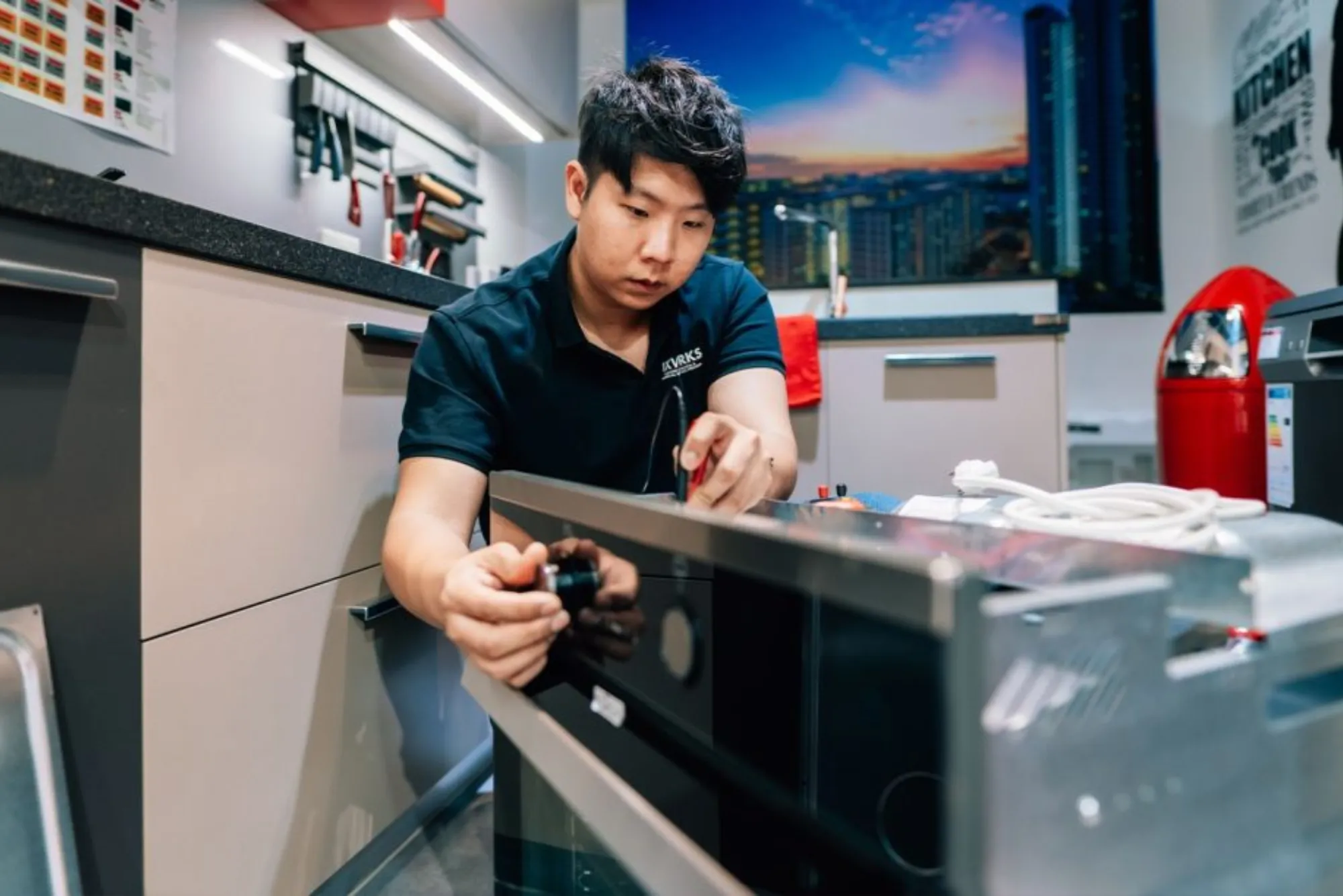Introduction
Malaysia markets are the lifeblood of its culture — colorful, energetic, and full of surprises. From Kuala Lumpur’s bustling night bazaars to Penang’s heritage streets and Johor Bahru’s border markets, each destination offers a unique glimpse into Malaysian life. Whether you’re a traveler hunting for authentic souvenirs or a local in search of fresh produce and street food, knowing Malaysia’s market dates and neighborhoods can help you make the most of your visit. In this guide, we’ll explore where and when to go, what to expect, and how to enjoy Malaysia’s best markets like a local.
Understanding the Market Culture in Malaysia
Markets in Malaysia are more than shopping venues — they are social spaces where tradition meets modern living. You’ll find everything from farm-fresh fruits and handmade crafts to electronic gadgets and designer knockoffs. Morning markets open early, offering groceries, flowers, and local breakfast dishes, while night markets, known as pasar malam, light up after sunset with sizzling food stalls and lively music. The experience varies across regions, reflecting Malaysia’s multicultural identity.
Kuala Lumpur: The Heart of Malaysian Market Life
Kuala Lumpur, Malaysia’s capital, is famous for its mix of modern malls and traditional street markets. Each neighborhood offers a distinctive market experience.
Petaling Street Market
Located in the heart of Chinatown, Petaling Street is one of Malaysia’s most iconic markets. Open daily from late morning until midnight, it’s a paradise for bargain hunters. Visitors can find souvenirs, fake luxury goods, accessories, and aromatic street food like roasted chestnuts, satay, and char kway teow. The best time to visit is in the evening when the street buzzes with lights and the smell of freshly cooked food fills the air.
Chow Kit Market
For those looking for an authentic local experience, Chow Kit Market in central Kuala Lumpur is a must-visit. Divided into a wet market for meat and seafood and a dry section for produce and clothing, it offers insight into the city’s daily life. It’s busiest in the mornings, especially on weekends, when local vendors showcase their freshest goods.
Taman Connaught Night Market
Stretching over two kilometers, Taman Connaught Night Market is one of the longest in Malaysia. Open every Wednesday evening, it features over 700 stalls selling everything from trendy clothes to bubble tea and street snacks. Locals recommend arriving early to beat the crowd and enjoy the full experience before the rush begins.
Penang: A Blend of Heritage and Flavor
Penang’s markets reflect its rich history and culinary culture. George Town, the island’s UNESCO-listed capital, hosts some of the most atmospheric markets in Malaysia.
Chowrasta Market
Located along Jalan Chowrasta, this market is open daily and offers a mix of traditional and modern goods. Visitors can find spices, local snacks, pickled fruits, and textiles. The upper floors feature secondhand bookstores and vintage collections, making it a favorite among collectors.
Batu Ferringhi Night Market
When the sun sets over Penang’s famous beaches, Batu Ferringhi transforms into a bustling night market. Open every evening, it’s perfect for those seeking souvenirs, handmade jewelry, and street food. The market atmosphere is relaxed yet lively, with plenty of spots to sample local favorites like laksa and cendol.
Pulau Tikus Market
Pulau Tikus Market is where Penang locals start their mornings. Open from dawn until late morning, it’s known for its fresh seafood, vegetables, and breakfast stalls. Trying nasi lemak or chee cheong fun here is an essential Penang experience.
Johor Bahru: The Gateway to Southern Markets
Johor Bahru, located near Singapore, has markets that attract both Malaysians and Singaporeans seeking good deals.
Pasar Karat (JB Night Market)
Open from late afternoon until midnight, Pasar Karat is famous for its vintage treasures, antique collectibles, and secondhand goods. It’s held nightly in Jalan Segget and is ideal for those who enjoy exploring old records, furniture, and nostalgic keepsakes. Food lovers can also sample local snacks such as mee rebus and otak-otak.
Pandan Market
For a more traditional setting, Pandan Market is open every morning, offering fresh produce, meat, and local delicacies. Saturdays are particularly lively, as nearby residents gather for weekly shopping and breakfast.
Malacca: Where History and Markets Meet
Malacca’s markets are steeped in heritage, blending colonial charm with local craftsmanship.
Jonker Street Night Market
Running every Friday, Saturday, and Sunday evening, Jonker Street Night Market is a highlight of Malacca’s Old Town. The narrow street fills with food stalls, souvenir vendors, and live performances. Here you can taste chicken rice balls, nyonya kuih, and durian puff while enjoying local street music. The market also features antique shops open late for visitors who love browsing for vintage finds.
Pasar Borong Batu Berendam
Open daily from early morning, this wholesale market serves local households and small traders. It’s known for affordable fruits, spices, and local ingredients, perfect for those who love cooking Malaysian dishes at home.
Sabah and Sarawak: Borneo’s Market Treasures
In East Malaysia, the markets of Sabah and Sarawak showcase indigenous culture and natural abundance.
Kota Kinabalu Handicraft Market
Commonly called the Filipino Market, this coastal marketplace operates daily and specializes in traditional crafts, pearls, and local snacks. It’s a perfect spot to buy souvenirs that reflect Borneo’s cultural diversity.
Gaya Street Sunday Market
Held every Sunday morning in downtown Kota Kinabalu, Gaya Street Market attracts locals and tourists alike. From handmade jewelry and local coffee to pets and plants, this market offers a full weekend experience. Arriving early helps avoid the heat and crowd.
Kuching Waterfront Market
In Sarawak’s capital, the Kuching Waterfront Market combines scenic views with a lively trading scene. Vendors sell woven baskets, spices, and tropical fruits. It’s an excellent place to experience Sarawakian hospitality and taste unique dishes like sarawak laksa and kolo mee.
Market Dates and the Best Times to Visit
Malaysia Markets operate on varying schedules. Most morning markets start at 6 AM and wind down by 11 AM, while night markets begin around 5 PM and continue until midnight. Weekly markets often take place on fixed days, such as Wednesday or Sunday. The best time to visit depends on your purpose: mornings are quieter and ideal for fresh goods, while evenings offer entertainment and street food.
Rain can affect open-air markets, so checking local weather before visiting is recommended. During festive seasons like Ramadan or Chinese New Year, many markets extend their hours and feature special holiday goods and dishes.
What to Expect and How to Shop Like a Local
Shopping in Malaysia’s markets is an interactive experience. Bargaining is common, but always done politely. Vendors appreciate friendly negotiation and often offer discounts for bulk purchases. Cash is preferred in traditional markets, though larger stalls may accept digital payments.
Be mindful of cultural norms — dress modestly, especially in rural areas, and always greet sellers respectfully. Food hygiene is generally good, but following locals’ choices is a smart way to ensure freshness. Carry reusable bags to minimize plastic waste, as Malaysia promotes sustainable shopping practices.
Why Malaysia’s Markets Are Worth Exploring
Beyond affordability and variety, Malaysian markets are windows into the nation’s cultural soul. Every stall tells a story — from family-run spice shops in Penang to antique corners in Johor Bahru. These markets bridge generations, offering a sense of community that modern malls can’t replicate. Exploring them helps travelers connect with real people, discover authentic flavors, and collect memories that last far longer than souvenirs.
Discover Malaysia’s Living Culture Through Its Markets
Exploring Malaysia’s markets is one of the best ways to experience the nation’s authentic lifestyle. Each neighborhood tells a unique story through its stalls, food, and people. From Kuala Lumpur’s bustling alleys to Penang’s heritage streets and Sabah’s coastal bazaars, the diversity of Malaysia’s markets mirrors the country’s vibrant culture. Whether you’re planning a shopping trip or seeking local flavors, make sure to visit these markets for an unforgettable journey through Malaysia’s neighborhoods. Ready to explore the real Malaysia? Plan your market visits according to their dates and locations, bring your curiosity, and let the colors, scents, and sounds of Malaysian markets fill your senses.
FAQs
What is the most famous market in Malaysia?
Petaling Street Market in Kuala Lumpur is the most famous, known for its lively atmosphere, diverse goods, and delicious street food.
What is the best day to visit Malaysian night markets?
Weekends are the best, as most markets expand with additional stalls and entertainment. Arrive early evening for the best experience.
Are Malaysia markets open every day?
Most morning markets operate daily, while night markets open on specific days like Wednesdays or weekends, depending on the neighborhood.
What can I buy at Malaysia’s local markets?
You can find everything from clothes, souvenirs, and crafts to fresh produce, seafood, and local street food.
Is bargaining acceptable in Malaysian markets?
Yes, bargaining is part of the culture, especially in street and night markets. Be polite and respectful when negotiating prices.
Are Malaysia’s markets safe for tourists?
Generally yes, but it’s wise to watch your belongings in crowded areas and avoid carrying too much cash.



